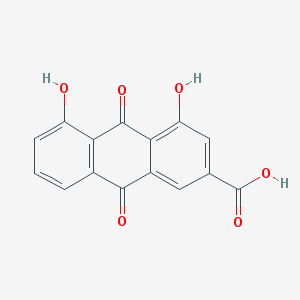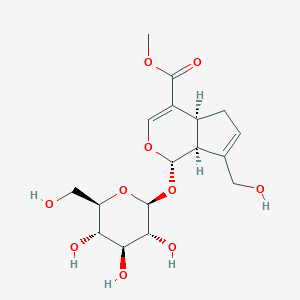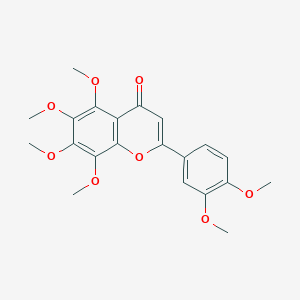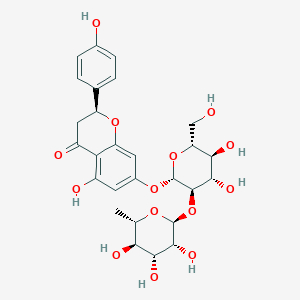Description
Rhein is an anthraquinone metabolite of rheinanthrone, and senna glycoside is found in a variety of medicinal plants, including Rheum palmatum, Cassia tora, Polygonum multiflorum, and Aloe barbadensis. It is known to have hepatoprotective, nephroprotective, anti-cancer, anti-inflammatory, and other protective properties. It has been shown to be effective in the treatment of experimental diabetic nephropathy, with one of the mechanisms being the inhibition of the hexosamine pathway.
Rhein is a biologically active anthraquinone derivative found in several plants, including rhubarb, and is a metabolite of rheinanthrone. It’s notable for its diverse range of pharmacological properties and applications. Here are some of its main benefits and applications:
- Anti-Inflammatory Properties: Rhein has shown significant anti-inflammatory effects, which make it useful in treating conditions like osteoarthritis and rheumatoid arthritis.
- Antioxidant Effects: It acts as an antioxidant, combating oxidative stress which is a factor in many chronic diseases.
- Antibacterial and Antiviral Activities: Rhein exhibits antibacterial and antiviral properties, making it potentially useful in combating various infections.
- Anti-Tumor Properties: There is evidence suggesting that rhein can inhibit the growth of certain cancer cells, offering potential applications in cancer therapy.
- Laxative Effect: In traditional medicine, rhein has been used for its laxative properties, aiding in bowel movements and treating constipation.
- Liver Protection: It may also have hepatoprotective effects, meaning it could help protect the liver from damage.
- Applications in Traditional Medicine: Besides its use as a laxative, rhein has been used in traditional medicine systems for various other ailments due to its broad pharmacological profile.
- Research in Metabolic Diseases: There is ongoing research into the use of rhein for treating metabolic diseases like diabetes, due to its effects on glucose and lipid metabolism.





